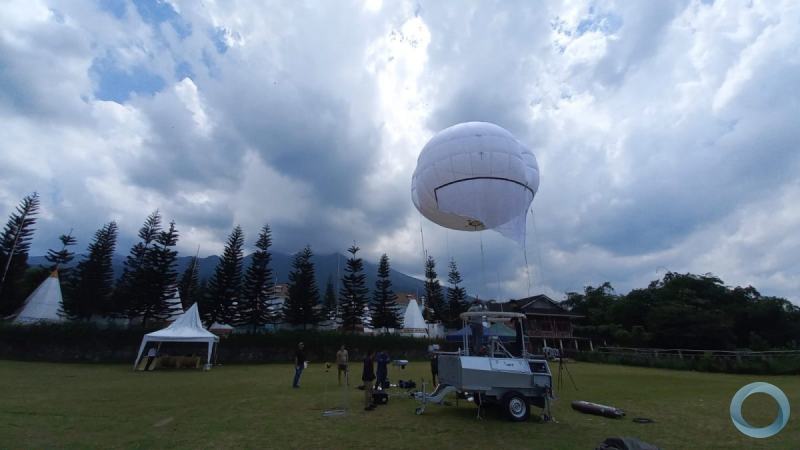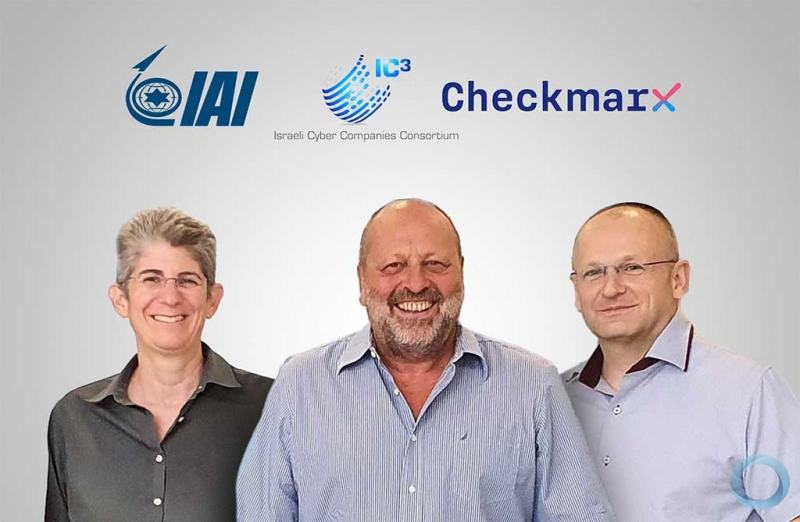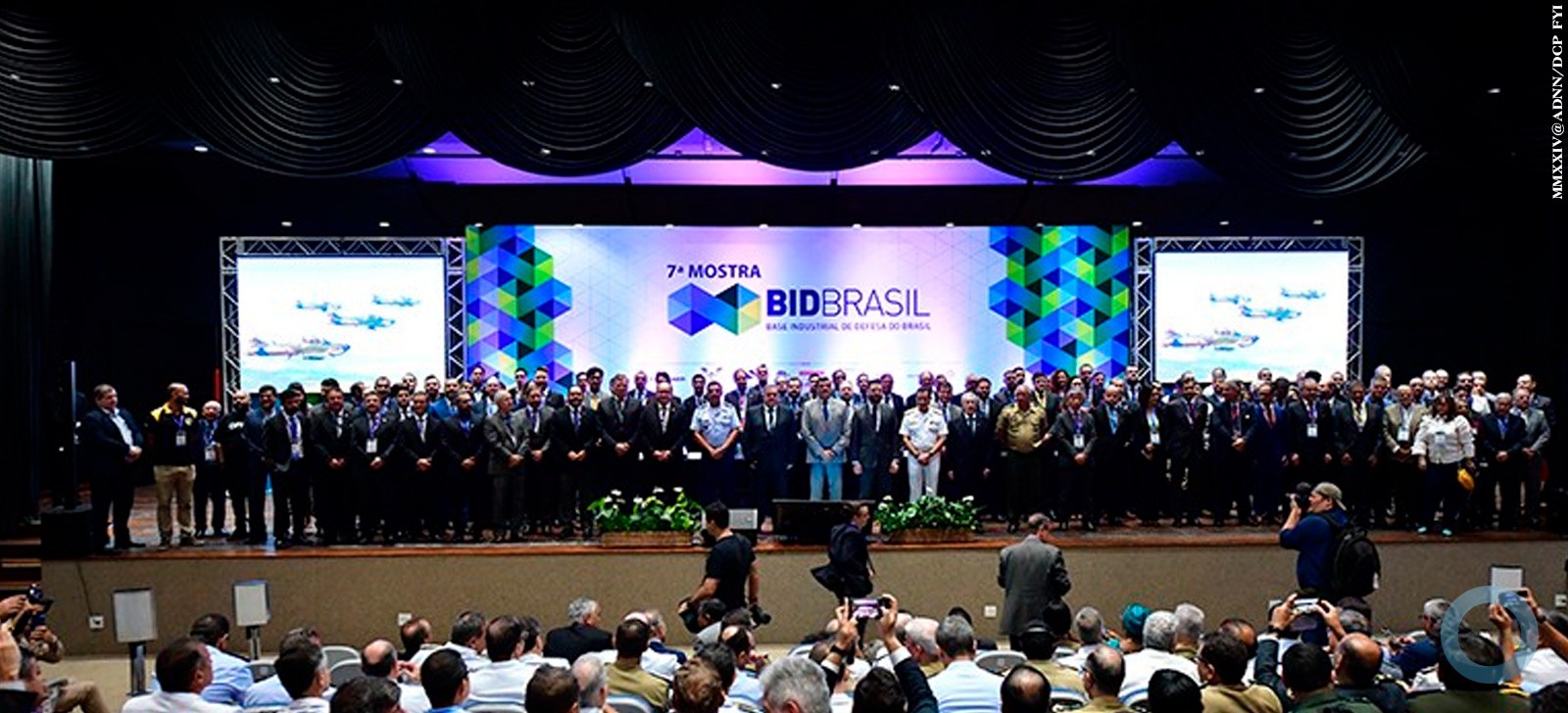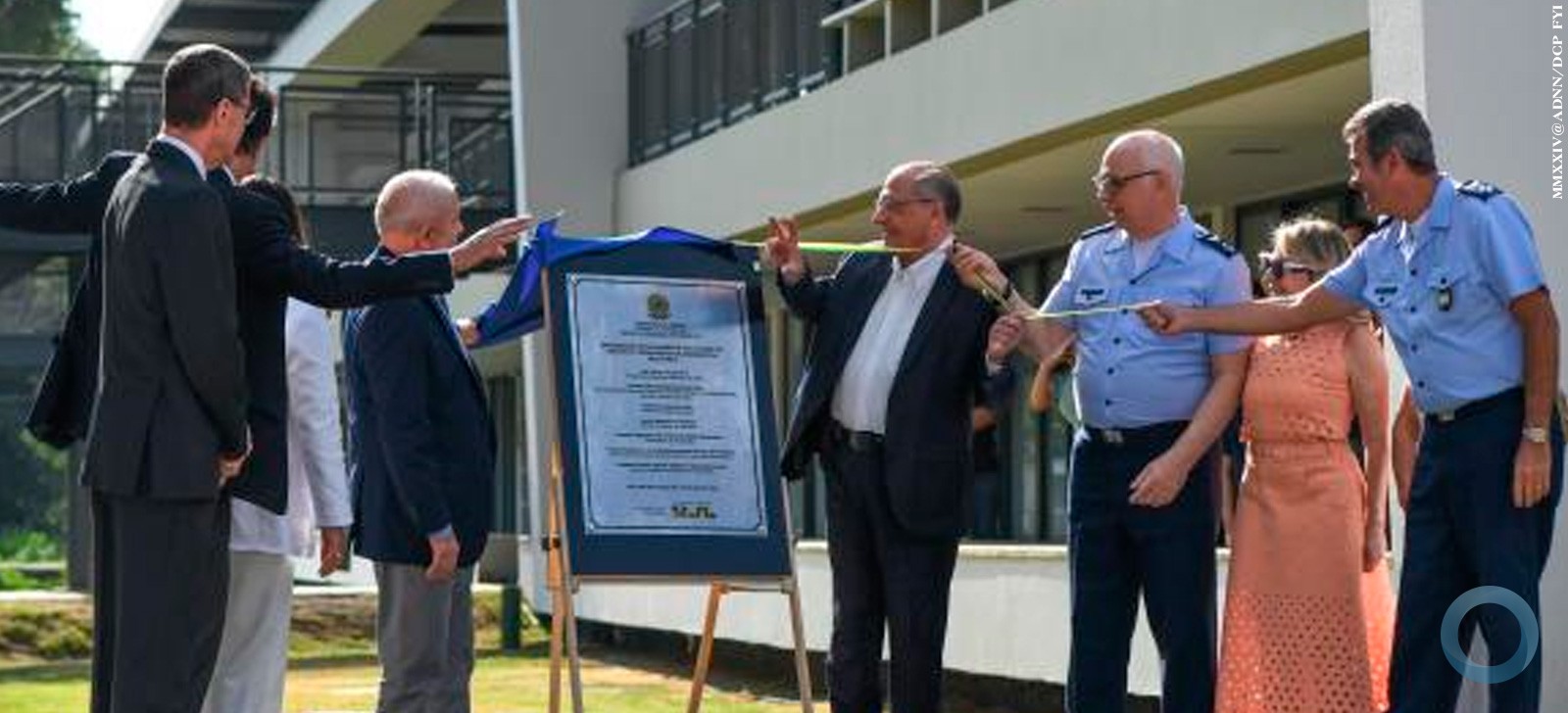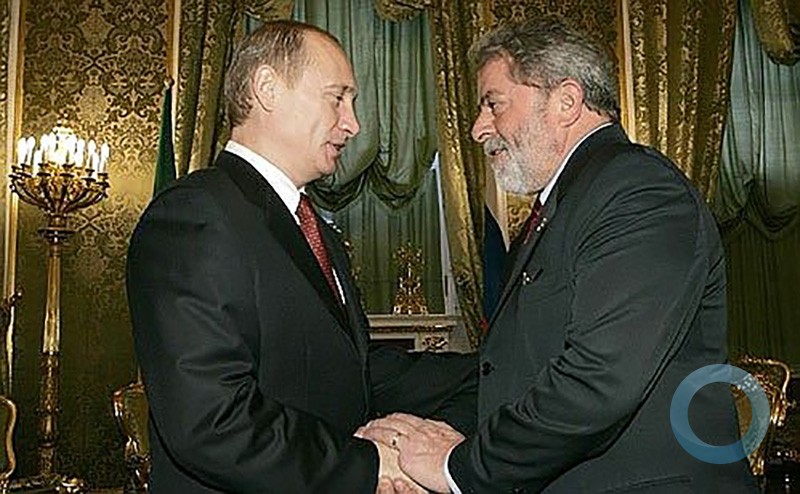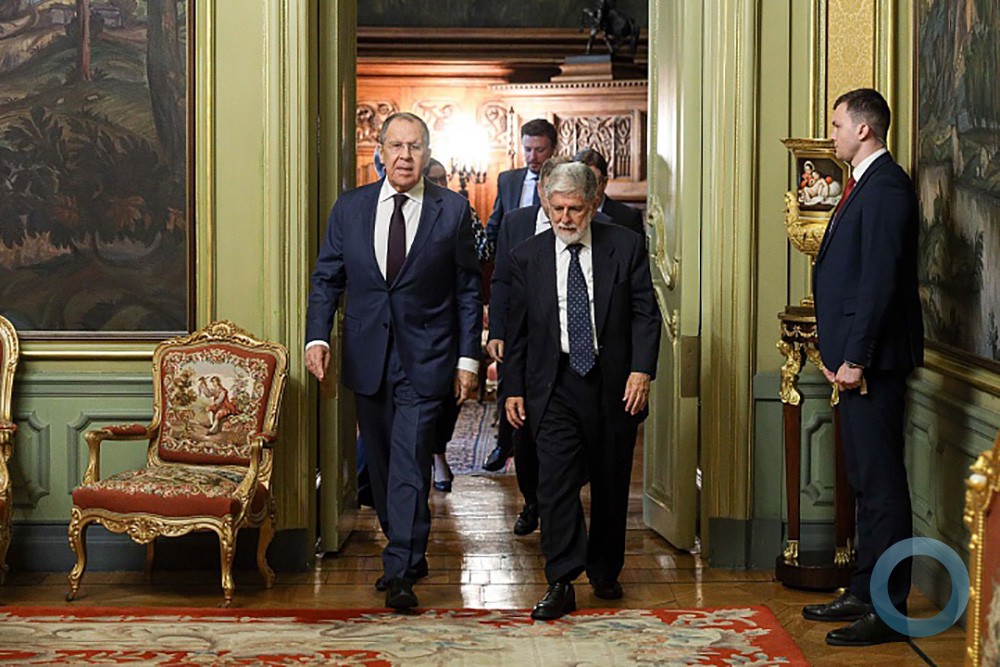Text in Portuguese
LAAD Bastidores I – Rússia apresenta proposta para Alcântara Link
The Editor
Pedro Paulo Rezende
DefesaNet Special
Russia is ready to replace Ukraine in case the government in Kiev doesn’t show any interest in moving on with the works at Alcântara Cyclone Space (ACS). A preliminary proposal was presented by the Russians to the Brazilian Ministry of Science, Technology and Innovation (MCTI).
As a sign of things to come, a full model for a satellite launching facility was shown at the Russian Space Systems booth at the LAAD 2015 defense and security exhibition that took place in Rio de Janeiro from April 14th to 17th. Later, the information about a joint space project with Brazil was confirmed by sources both from Itamaraty and the Russian Federation.
The Brazilian government plans to turn the Alcântara Launching Center (CLA) into a new Kourou (a launching facility in the French Guyana). To achieve that, the Administration has already invested 1 billion reais into the CLA in order to meet the terms of the aerospace deal signed with Ukraine back in 2002. Part of this money was applied as counterpart on the developing of the Cyclone 4 satellite. The CLA is located at a privileged site – near the Equator line, which ensures proper weather conditions and lowers the expenses of propelling a rocket to its orbit.
The model displayed during LAAD showed many differences compared to what was on the terms of the deal that created the ACS. This new Alcântara Launching Center would have a liquid propellant factory and a rocket assembly area, unlike what was established in the Brazil-Ukraine deal. According to the current document, the launcher would be bought from Eastern Europe already loaded with fuel and would arrive at the Alcântara port, which has the proper conditions to meet the needs of the ACS, and is also able to receive cargo ships above 100 ton.
Problems
Alcântara Cyclone Space suffers deeply with the economic distress and civil conflicts that currently plague eastern Ukraine. According to the original schedule, the first rocket should have been launched back in December 2010, but it was postponed until December 2012 and then to late 2015. Now there is no defined date for it to happen. The satellite factory is shut down at the moment and the warehouses have been emptied.
A chain of problems added up to this delay on the project. Communities of “quilombolas” (descendants of African slaves) live in the area where the launching base is located and posed an obstacle to the project, that also hat to answer to environmental authorities on city and estate level. The construction of the ACS facilities finally began in September 2010. The 500 acre site comprises facilities for the Technological Complex, the Launching Complex and the propellant storage unit.
The deal signed between Brasilia and Kiev has never been unanimously accepted. It faces strong opposition in certain sectors of the Brazilian Air Force and the National Institute of Space Research (INPE). These contrary voices advocate in favor of applying more resources on the indigenously developed Satellite Launching Vehicle (VLS). Brazil has already invested more than US$ 2 billion in this national program without any results. After a major accident in August 25th 2003, that obliterated the entire crew working in the project, the Brazilian Space and Aeronautics Institute (IAE) began to receive technical support from the Russians.
Based on this cooperation, the flaws on the Brazilian rocket project were corrected. A new third unit in the satellite launching program was designed, this time using solid propellant instead of liquid, which increases the launcher’s payload. This project, however, was then replaced by another one based on German technology.
Another problem is the fact that ACS’s economic success on the satellite market depends on a deal full of safeguards with the United States, responsible for 50% of the launchings. Brazil doesn’t have this deal. It was signed during Fernando Henrique Cardoso’s administration, but members of the current government managed to suspend it.







